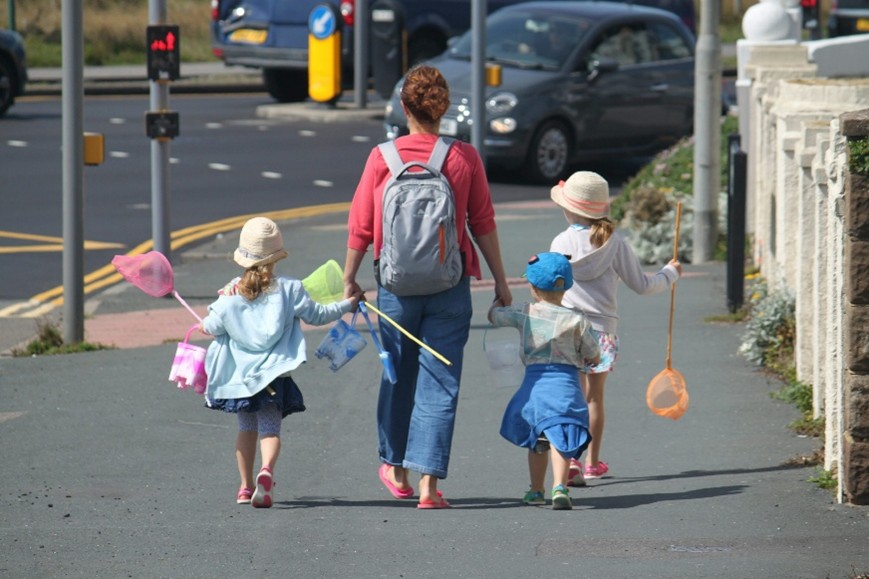The impact of the ‘two-child' benefit limit on children and young people – by Jacob, aged 12
Blog

Jacob (aged 12) is a member of the NIHR ARC North East and North Cumbria Young People’s Advisory Network (YPAN). The YPAN group shared their views and opinions about the ‘two-child limit’ as part of a School for Public Health Research (SPHR) funded project around the impacts of this benefits cap on children and young people in the UK.
The two-child limit is a policy that restricts Universal Credit and Child Tax Credit to two children for births before April 6, 2017, with exceptions including multiple births.
Following his involvement in this work, Jacob has written this blog about his own personal views about the two-child limit.
You can read more about the study here: Exploring the impact of family size on child health outcomes and service use – NIHR School for Public Health Research
In my view, the two-child limit is grossly unfair and here is why: if a family of five (two adults and three children) are on Universal Credit, one child is unable to receive benefits.
This causes stress for families who are unable to pay for the essentials for their children, such as food, clothing (including school uniforms), heating, rent, or mortgage.
Impact on emotional wellbeing
In some cases, this stress could carry over to the children, and in many cases, it could detrimentally affect their mental health if they think their family is struggling. Some children might even believe it is their fault, which it is not.
If the parent is stressed, stress can lead to anger. If the parent is angry, they could unconsciously or even consciously in other circumstances take it out on their children, which is unfair to both the parent (as they feel this way) and the child (for being unfairly treated by the parent for something that is not their fault). The parents could also feel guilty if they cannot give the child the experiences in life they wish for them.
Impact on learning
If families are already struggling for money because of the two-child limit, they could have less money for nutritious food and have to buy cheaper food that is less healthy, which could affect their children’s mood and health. This could mean that the two-child limit could begin to affect their exam results through lack of nutritious food.
A lot of children do not get free breakfast clubs at school, which could affect their education, as it is harder to focus when you are hungry.
Families may also not have money to buy books, which are one of the most important educational tools, or equipment to help them learn online – such as laptops or tablets. Some families will struggle to pay for the energy, to charge the laptop every night, as some people have to choose between electricity and food. Educational trips that you have to pay for might also stop families on Universal Credit, as they might struggle to afford these things, putting them at a disadvantage academically.
We need to be taught about this
What surprises me is that this subject is not in the school curriculum. My belief is that we should be taught about things as important as this so we can learn to make our own opinions. I also believe that we should have lessons about the two-child limit and Universal Credit in classrooms, as further knowledge of this could help us navigate systems like this in the future. I believe that if there was a subject in which we were to be taught about this, it should be in PSHE. In PSHE, you feel more relaxed, and you feel like the lessons are more personal, as you get to talk about stuff you would not normally in lessons.
My main arguments are that the two-child limit can cause mental and physical distress for parents and children. This links to digital, energy, food and economic poverty and restricts their future potential through affecting school.
In conclusion I believe the two-child limit should be scrapped as the effects mentally and physically are great to people in larger families. If the government were to scrap it, I think they would see the benefits on children.
What is the impact of the Benefit Cap and Two Child Limit on the health and wellbeing of children and young people in the UK?
Key findings
The Benefit Cap and Two Child Limit are acting to:
Policy implications
Read the full research briefing
If you would like more information about the study, please contact Dr Mandy Cheetham [email protected]
Image credit: Claudio Poggio on Unsplash